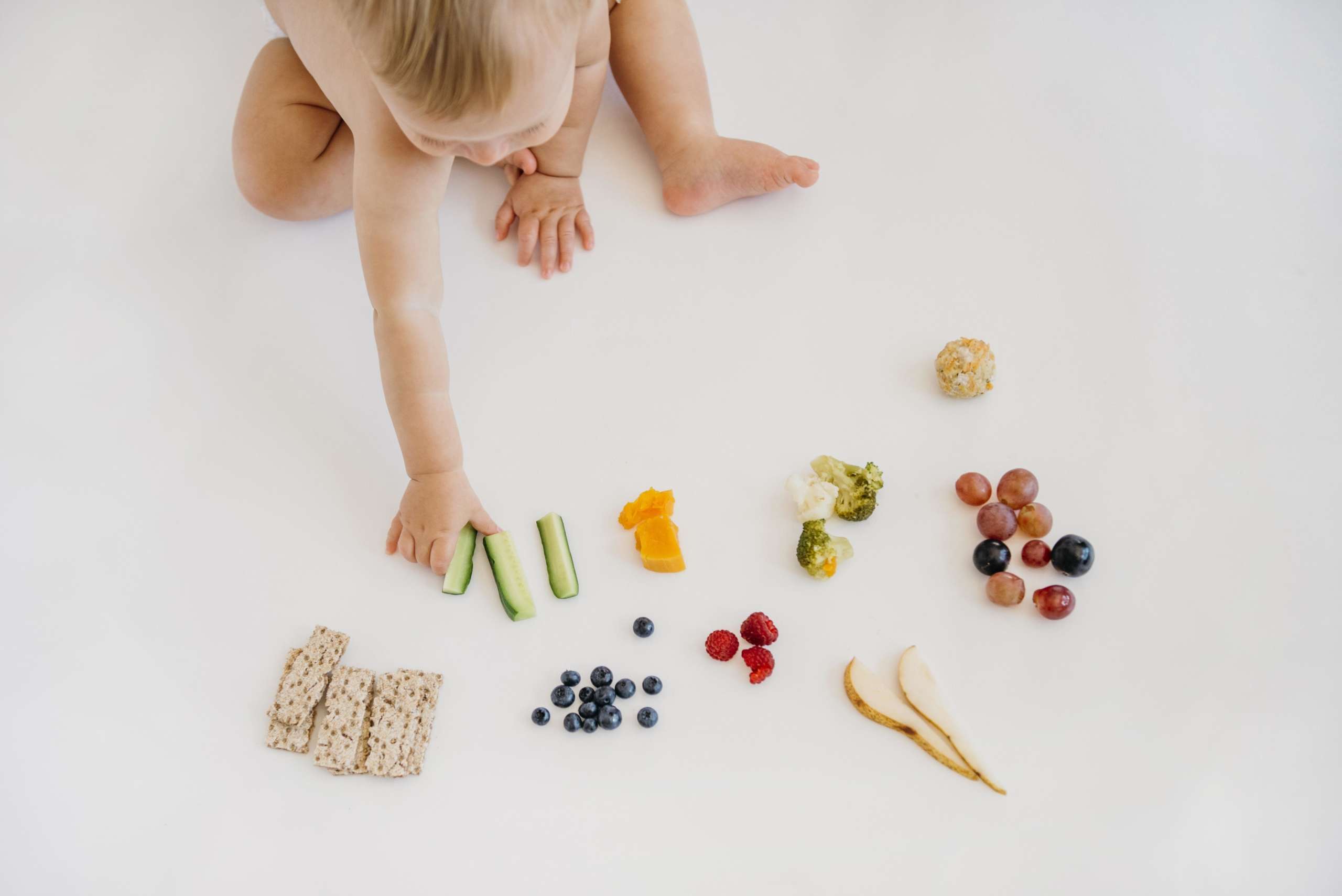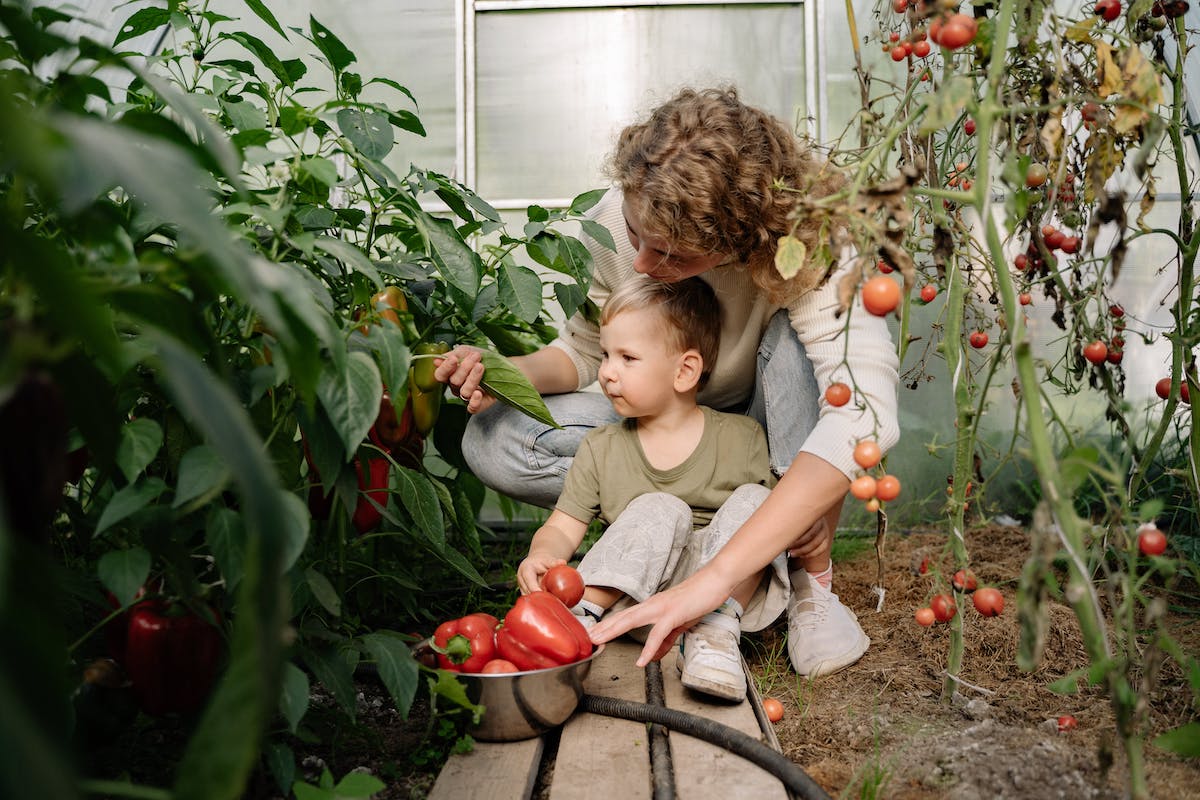The American Academy of Pediatrics recommends that babies be exclusively breastfed or formula-fed (no cereal, juice, or other foods) for the first six months of life. After six months of age, babies are typically ready to begin solid foods, but every baby is different, and not all are ready at the same time.
Solid food readiness depends on two milestones; a baby’s maturity of their digestive tract (around six months of age) and their developmental readiness for solid foods. Waiting until your baby is six months old to introduce solids has shown to be ideal for avoiding increased illness and other health risks of introducing solids too early. So, how do you know if your baby is ready for foods other than breast milk or infant formula? In this article, you will learn about the signs of solid food readiness in your baby.
What are solid foods?
Solid foods are foods that are safe and easy for your baby to eat once they are developmentally ready, usually around six months of age. Solid foods come in many different forms; pureed, mashed, ground, or finely chopped. These forms allow your baby to swallow the food without choking. You may also see solid foods referred to as complementary foods.
Developmental signs that your baby is ready for solids
Until your baby is around six months of age, they will unlikely have the muscle control and coordination to eat solid foods. What this means is that they are not developmentally ready. Before beginning solids, you can look for these signs that your baby is developmentally prepared:
● Your baby can sit up well with little to no support.
● Your baby can sit in a high chair and has good head control.
● Your baby opens their mouth and leans forward when you offer food.
● Your baby can move their tongue to help swallow food.
These feeding skills are essential for your baby to start eating solid foods. Starting solids when your child is developmentally ready is important for a few reasons. First, your baby is growing and needs more calories and nutrients that they can get from solid foods. Second, starting to eat solid foods will give babies the chance to try various foods, allowing them to learn to like them from an early age and continue to eat them as they grow older. Finally, most babies will need multiple exposures to a new food before they may start to like it.
Feeding solid foods too early
Feeding a baby solid foods before they are developmentally ready can increase the chance that they will:
● Choke on the food
● Drink less breastmilk or formula than they need for proper growth
● Become overweight or obese later in life
Feeding the baby solid foods before they are ready does not help them sleep through the night and does not make the baby eat fewer times in a day.
Feeding solid foods too late
Delaying the introduction of solids after showing signs of developmental readiness may prevent them from consuming the variety and amounts of food they need. This delay can increase the likelihood that babies will:
● Not consume the nutrients they need, in particular, iron and zinc
● Not grow normally
● Reject foods when given at a later age
● Have delayed speech and motor development
Bottom line
Introducing solid foods to your infant when they are ready is an important step for their growth, taste preferences, speech, and motor development. Looking for these signs of developmental readiness in your baby can help determine if they are ready to begin trying solid foods. If you have any questions or concerns about your baby starting solid food, consult your pediatrician for more information.




